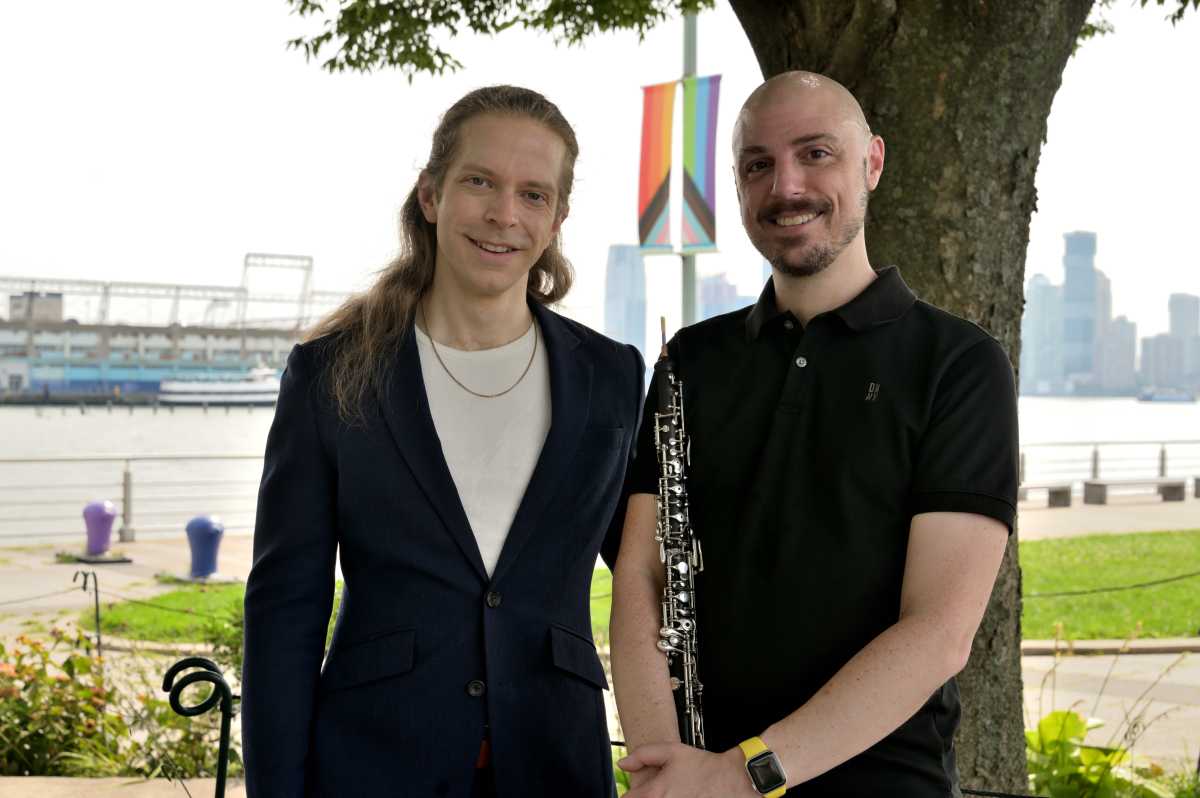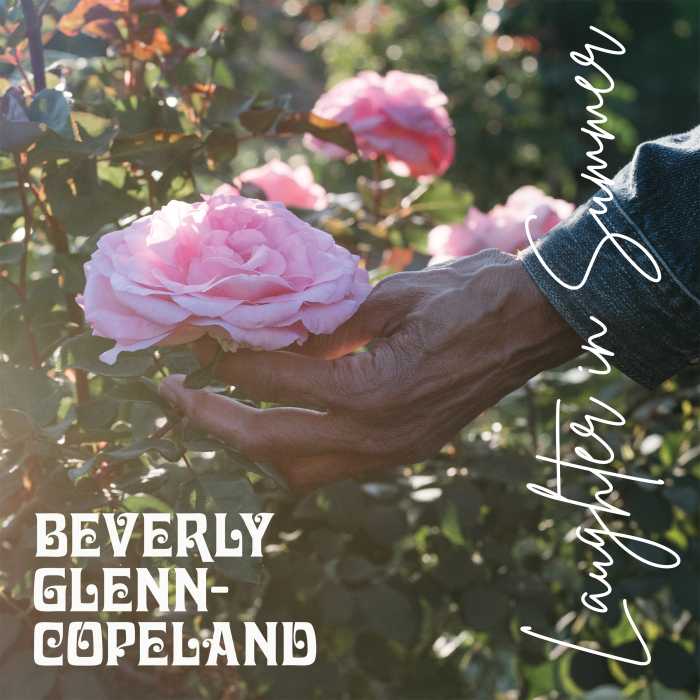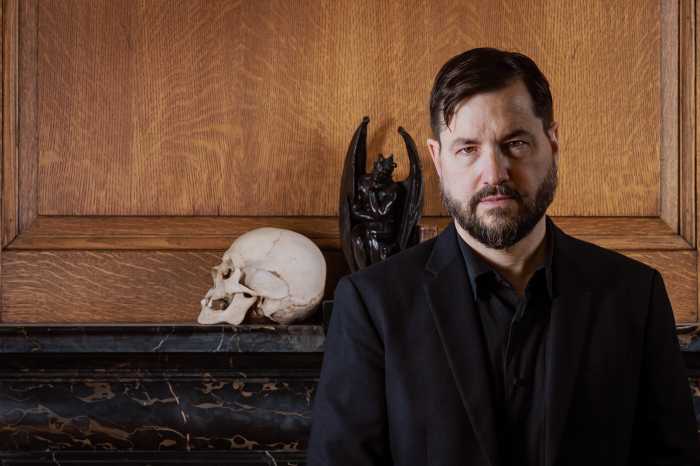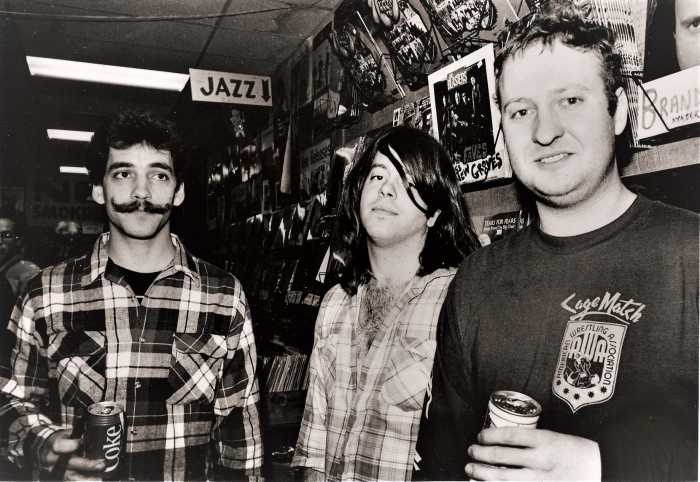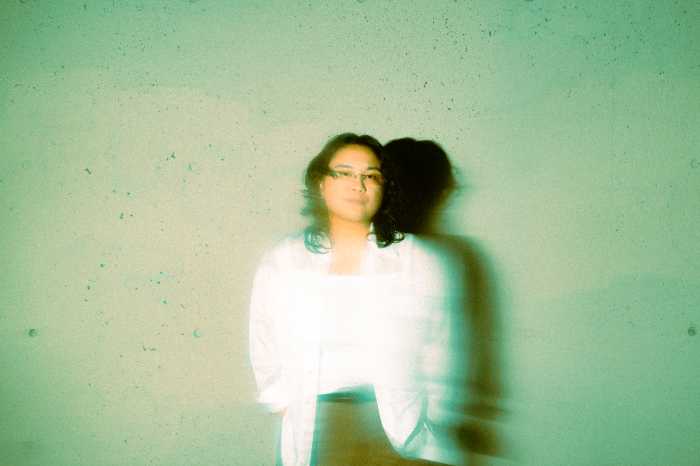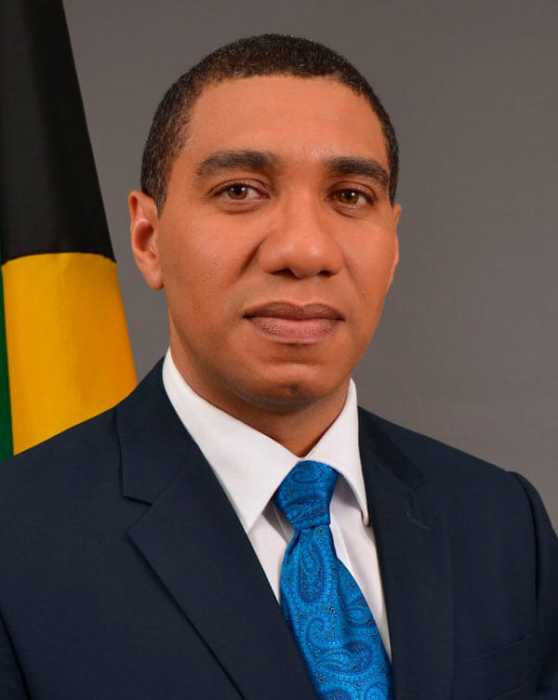Nearly 16 years ago, a scrappy group of mostly queer musicians banded together on a stage with whatever instruments they could muster and delivered a debut performance — one that would ultimately mark the arrival of the Queer Urban Orchestra in New York City.
“We didn’t have a bass player, so we had a tubist that was playing all the bass parts on his tuba,” said Brian Shaw, who performed in the group’s first concert in December of 2009 and now serves as the general manager of the Queer Urban Orchestra. ”You know, we sat in that church and we were proud to be performing what we were performing.”
Today, the Queer Urban Orchestra is preparing to embark on its 16th season, having blossomed into a steady musical group with a unique place in the region’s musical landscape: According to its leadership, the group stands as the northeast’s first and only dedicated queer orchestra, and one of the few of its kind in the nation.
This season’s theme, “A Place for Us,” is as timely as it is relevant: The phrase derives from a song in “West Side Story” by the late composer Stephen Sondheim and aims to capture the essence of queerness and the need for community in the face of a hostile political climate during the second Trump era.
The Queer Urban Orchestra first emerged when some members of the Lesbian and Gay Big Apple Corps, now the Queer Big Apple Corps, decided to branch off and fill what they felt was a gap in orchestral music in the city.
“And here we are 15 years later,” said Shaw, who said the Queer Urban Orchestra was “born out of a need for a safe space for people to come together and make music.”
Board president David Lohman, a bassoon player and another longtime Queer Urban Orchestra member, recalled formally joining the group in 2011 at a time when the group was “lucky to get six violins,” he said.
“I haven’t been there since the beginning, but I’ve seen the evolution of the group,” Lohman said. “The repertoire has evolved to celebrate LGBTQ+ composers more proactively over that period of time.”
Lohman said the group is “like a family” for many members who have built strong bonds with others, ultimately fueling growth and stability within the organization’s ranks.
The Queer Urban Orchestra is currently led by artistic director and conductor David Bloom, who joined the team in 2022. Bloom leads weekly rehearsals on Wednesday evenings and concerts every six weeks or so.
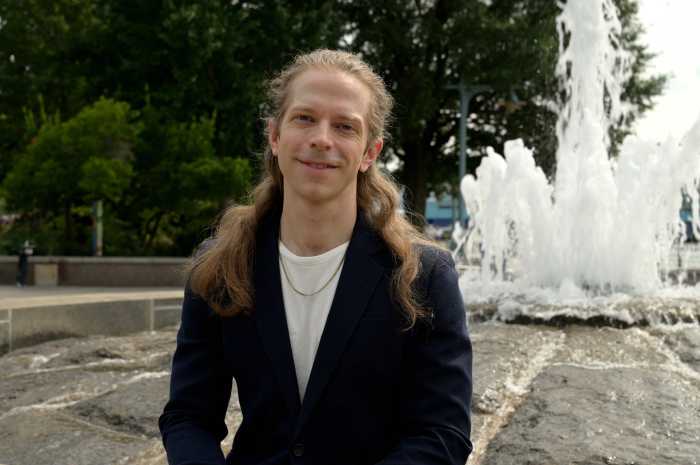
The orchestra makes it clear in its own name that it is predominantly made up of people in the LGBTQ community, but its membership also extends to allies (one member of the orchestra estimated that it is about 80% LGBTQ). Unlike some other musical groups, the Queer Urban Orchestra rolls out the welcome mat for just about anyone, regardless of skill.
“We’re not an auditioning orchestra,” Bloom explained. “We want to be as open as possible to as many people and we really just want to open our doors to be a safe space for queer folks in music.”
Despite that, the group has encountered somewhat of a “good” problem to have: The Queer Urban Orchestra has grown to the point where 100 people have been on stage at once — and it is popular enough that some people who have sought to join have had to be turned away, though spaces often open up.
The Queer Urban Orchestra has maintained financial stability as the group has grown in size. Members were initially asked to contribute $25 per concert, with exceptions for those who couldn’t afford it. Now, the group has a strong fundraising infrastructure, including grants from the city and state as well as corporate and community donations. Plus, the group hosts a benefit concert at the end of the year to bring in additional funds, and ticket sales also help.
The group’s budget has expanded from about $60,000 a few years ago to over $100,000 now.
“I think people have no idea what it costs to keep an orchestra running, especially when you’re doing things on the level we’re beginning to do,” Shaw said.
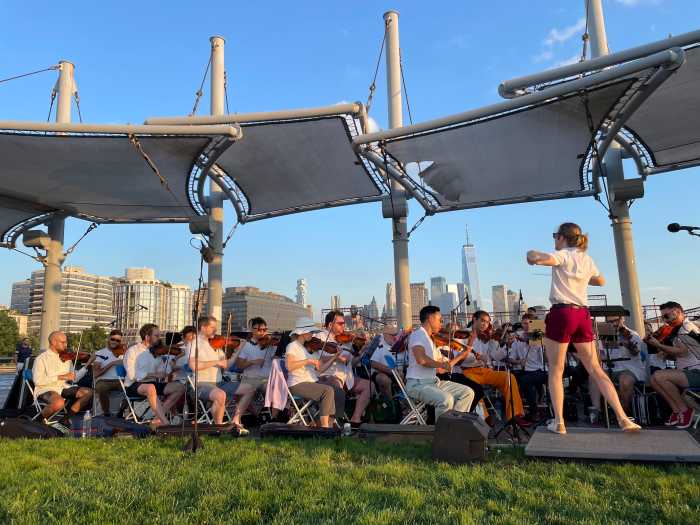
The Queer Urban Orchestra is entering its 16th season with an intentional focus on community resilience and refuge — including by incorporating even more music created by queer people in history, with the music speaking for itself as a vehicle to drive the season’s theme, “A Place for Us.”
“It’s all about queer space as an important part of what it means to be queer and what we need as a community right now in the political climate nationally and even broader,” Bloom said. “Music is such a powerful medium for queer space. In order to play in an orchestra, one must be an empath; orchestral music is an exercise in empathy, not just for the orchestra, but for everybody in the room: the audience, the creators, the composers.”
The Queer Urban Orchestra’s 2025-26 season kicks off in September. Learn more about the orchestra at queerurbanorchestra.org.

